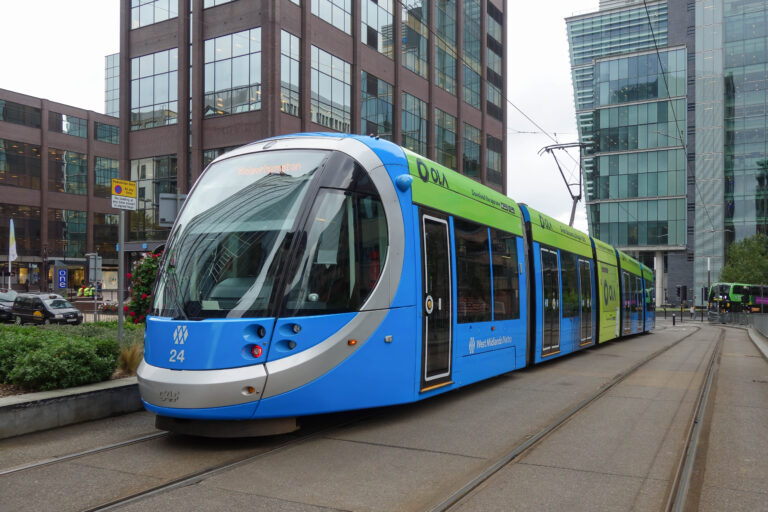There’s a well-known technique for those being interviewed, and facing tough questioning. Try to shift your response to what you want to talk about, or are able to talk about. In other words, play to your strengths.
But turning the conversation to what you want to talk about takes skill. And you need the permission of the interviewer to get to your area of expertise, by making the start of your response relevant to the question. If you simply start your answer by diving into a prepared response that appears to have little relevance to the question, it can lead to difficulties.
As an interviewee found out on the BBC Radio 4 ‘Today’ programme last week. You can listen at http://www.bbc.co.uk/news/uk-36912640
John Humphrys, who has a reputation as a fierce interviewer, especially when dealing with paid spokespeople, was asking the questions. The interviewee was a very experienced communicator, having championed the needs of consumers at Barclays and now at the Rail Delivery Group, which represents the rail industry.
She was asked to explain why some ticket machines at railway stations don’t offer the lowest fares on long-distance routes, or notify customers that they may not be getting the best deal, according to an investigation by The Times.
Mr Humphrys asked her why, and he didn’t get a straight answer.
She explained how the rail industry gets it right most of the time. She spoke about how the industry wants to put customers at the heart of everything they do. And then she mentioned ‘systemic challenges’.
The idea of a problem being spun as a challenge might work in business presentation. But it’s a red flag to someone like John Humphrys, who had now asked his original question three times, and has been given a series of business-language responses, unrelated to his question.
The rail spokesperson tried a different tack, explaining that the pricing reflected that some customers will be offered the fare for the fastest journey.
‘No!’ interrupted Humphrys, explaining the Times investigation showed in many cases people arrived at the same time, even when using split ticketing.
There followed a couple more business clichés. ‘We want to do the best for the customer…’
‘But you’re not doing that..’
‘We want to look to the future…’
‘And I want you to look to the past…’ replied Humphrys.
Oh dear.
Talking about the future, and wanting to do the best for customers are valid, if over-used, things to say in an interview. But not at the start of an answer. To move the answer on to your agenda, you need to get permission from the listener and the interviewer, by first responding in a meaningful way to the interviewer’s question.
And only when there was a meaningful response in the interview, with promises of action, in non-business language, did Humphrys relent.
The learning here is that business-speak doesn’t work outside the boardroom (and I’d argue it doesn’t work very well there either). It can be counter-productive. Use simple, uncomplicated language in interviews.
And demonstrate what you’re doing to resolve the problem. Show a meaningful response, show some contrition, show some action.
Only once you’ve made the initial connection with your interviewer and audience, can you start to deliver the key messages you want to say.




